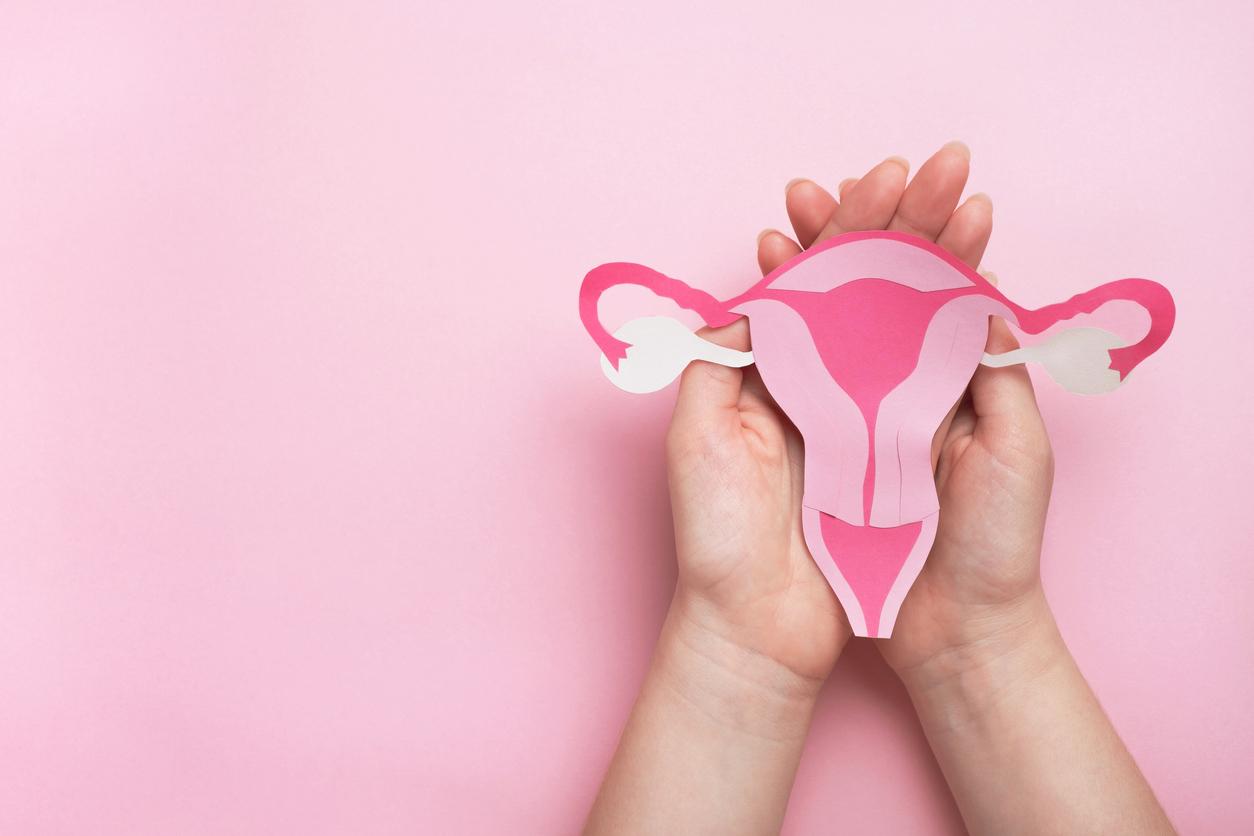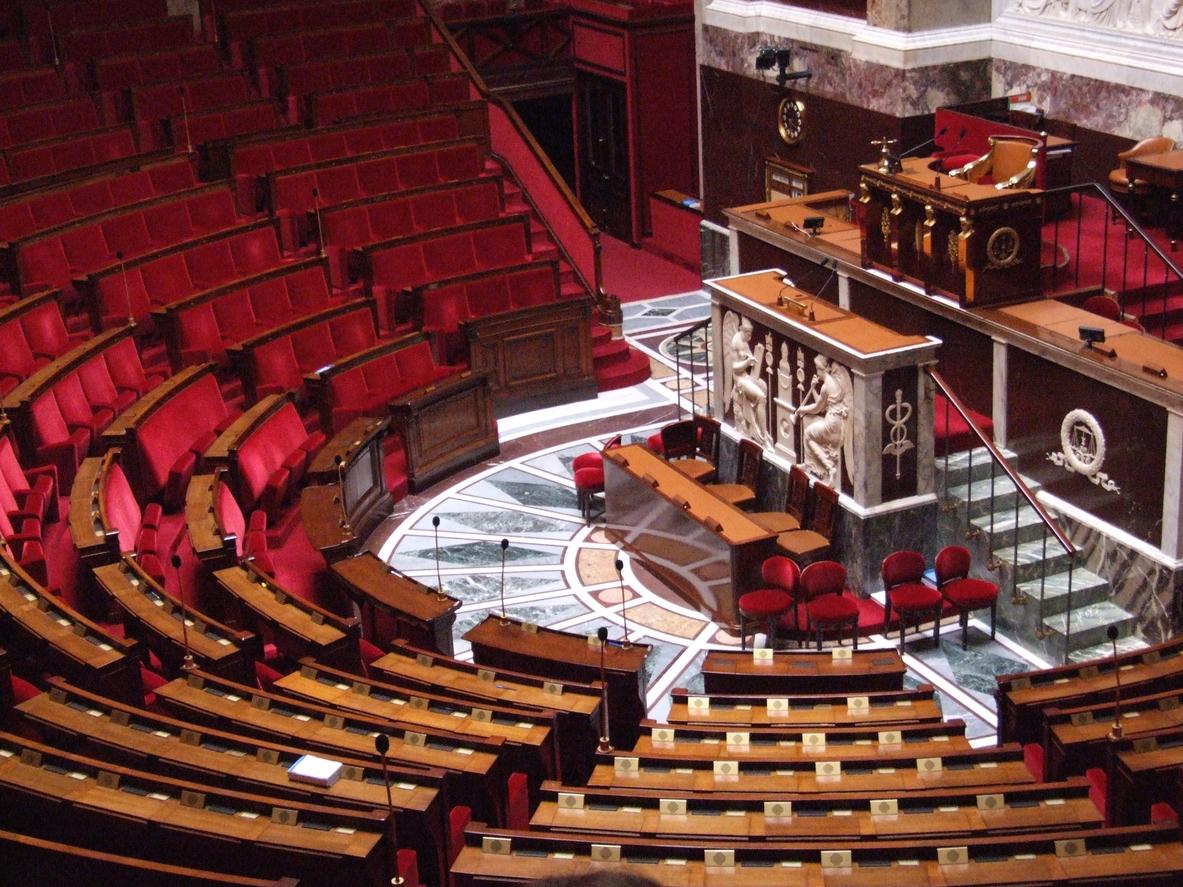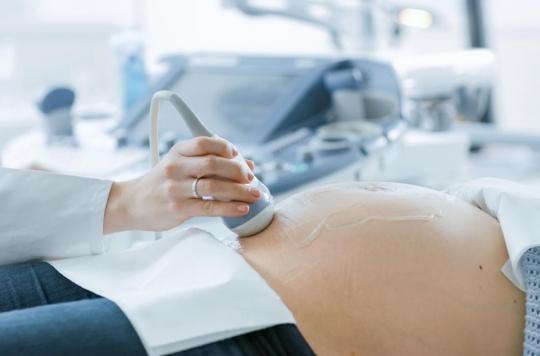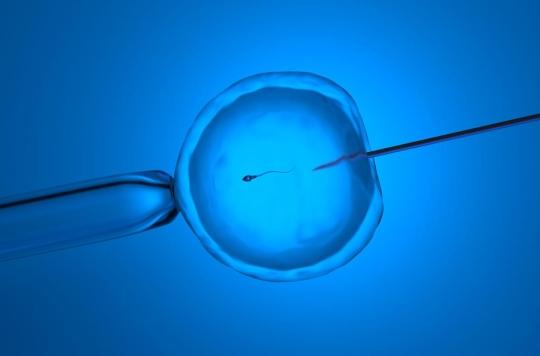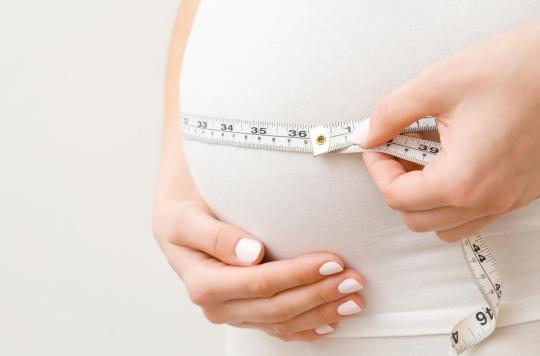The deputies voted, Tuesday, October 15, in majority for the bill of revision of biothetics. The flagship article is the opening of the PMA for all, but the text also contains measures for better care of intersex children, for the freezing of oocytes or even on the conditions of gamete donations.
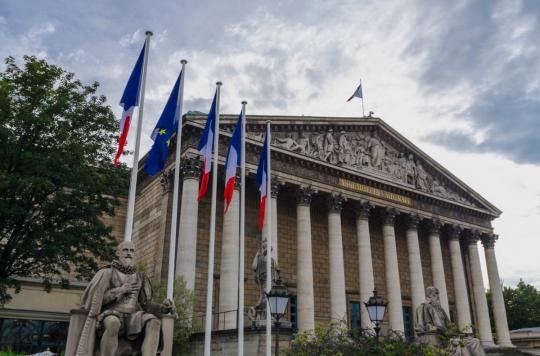
It took nearly 80 hours of debate to reach the vote of the bioethics revision bill in the National Assembly. The text adopted, Tuesday, October 15, contains 32 articles, including that on PMA for all.
???? The deputies adopted the draft law on bioethics at first reading.
Voters: 545
Majority: 237
For: 357
Cons: 114
Abstentions: 74 #DirectAN #pjlBioethics pic.twitter.com/WopYiWn64B– National Assembly (@AssembleeNat) October 15, 2019
Several measures concerning procreation
If the text is validated by the Senate, medically assisted procreation (PMA) will be accessible to all women, whether alone or in a couple and regardless of their sexual orientation. They will have access to it under reimbursement conditions similar to those enjoyed by infertile couples today. The previously necessary “medical criterion of infertility” will be removed.
Children born from sperm donation will now be able to know the identity of the donor when they come of age. Information such as his age, physical characteristics and name will be accessible to them. This means that sperm donors will have to authorize the disclosure of their identity in order to be able to donate. The conditions of access to the donation will not be modified: it will not be possible to choose the donor and the latter will not be able to decide to whom he makes a donation either.
Actions to fight against infertility
Infertility is at the heart of the bill: it notably authorizes women to freeze their eggs. Today, this procedure is reserved for women with certain diseases or at risk of infertility after surgery. An age limit will be put in place, it should restrict self-preservation to women aged 32 to 37, who will be able to use their gametes until the age of 43. These conditions will be defined after an impact study. A national plan against infertility will also be put in place.
The bill contains a measure for better care of intersex children. They should all be referred to specialized centres. There are 4 in France: in Lille, Paris, Lyon and Montpellier. The text stipulates that “the consent of the minor must be systematically sought if he is able to express his will and participate in the decision”.
A technique used since 2004 disappears with the bill: the baby-medicine. It consisted in conceiving a child to treat his big brother or his big sister thanks to a collection of stem cells from the umbilical cord. Ethical questions surrounding this method led to its prohibition by the deputies.
Developments for scientific research
Research on embryonic stem cells should also be facilitated. The text separates embryonic research from embryonic stem cell research from a legal point of view. Legislation on genetic testing should also evolve. Free access to these examinations remains prohibited, as well as those carried out before conception. Today when a genetic test is carried out by a medical geneticist, to detect a risk of cancer for example, the carer can only inform the patient about his risk of cancer, if he discovers another risk of disease, he cannot not tell him about it. The bill allows doctors to provide all of this information to patients.
The Senate is expected to begin considering the bill in January. The government hopes that the text will be voted on before the start of the summer.
.









